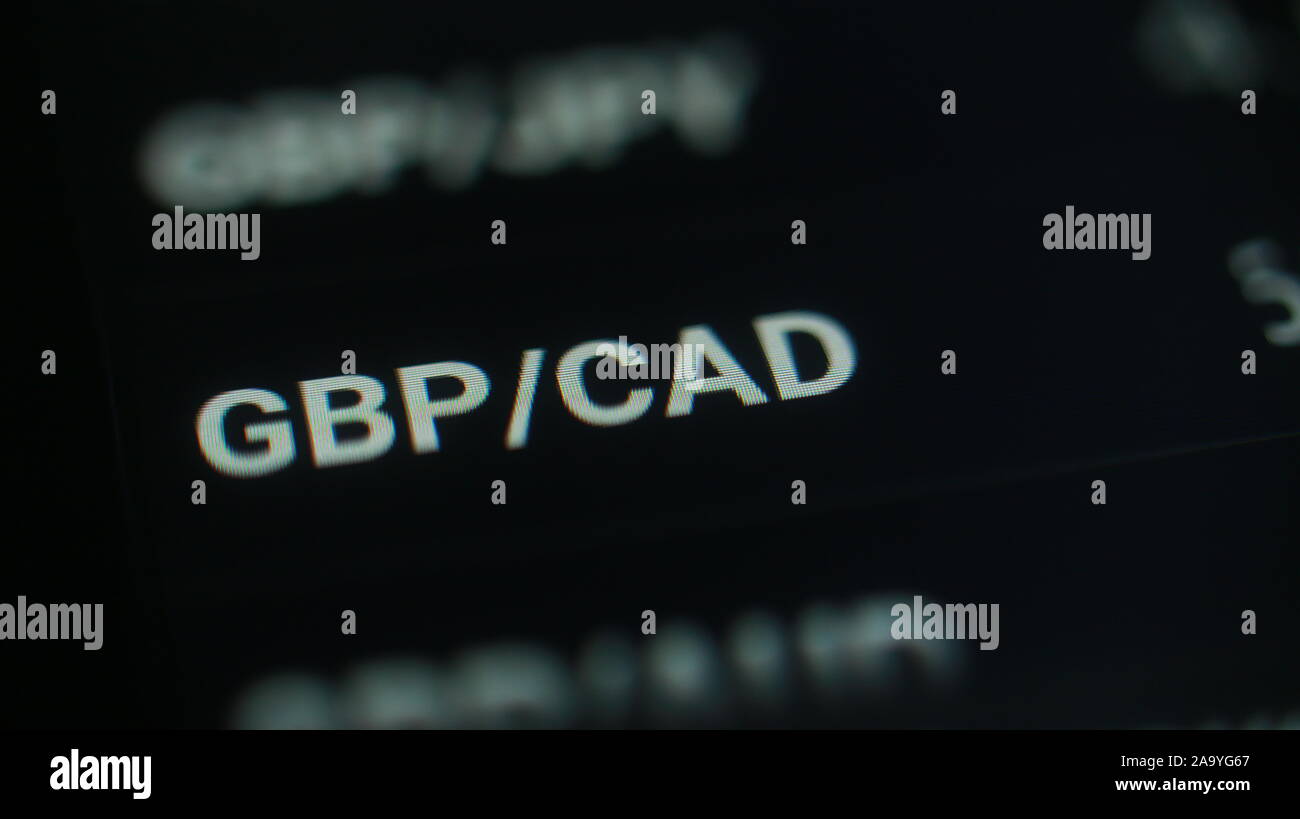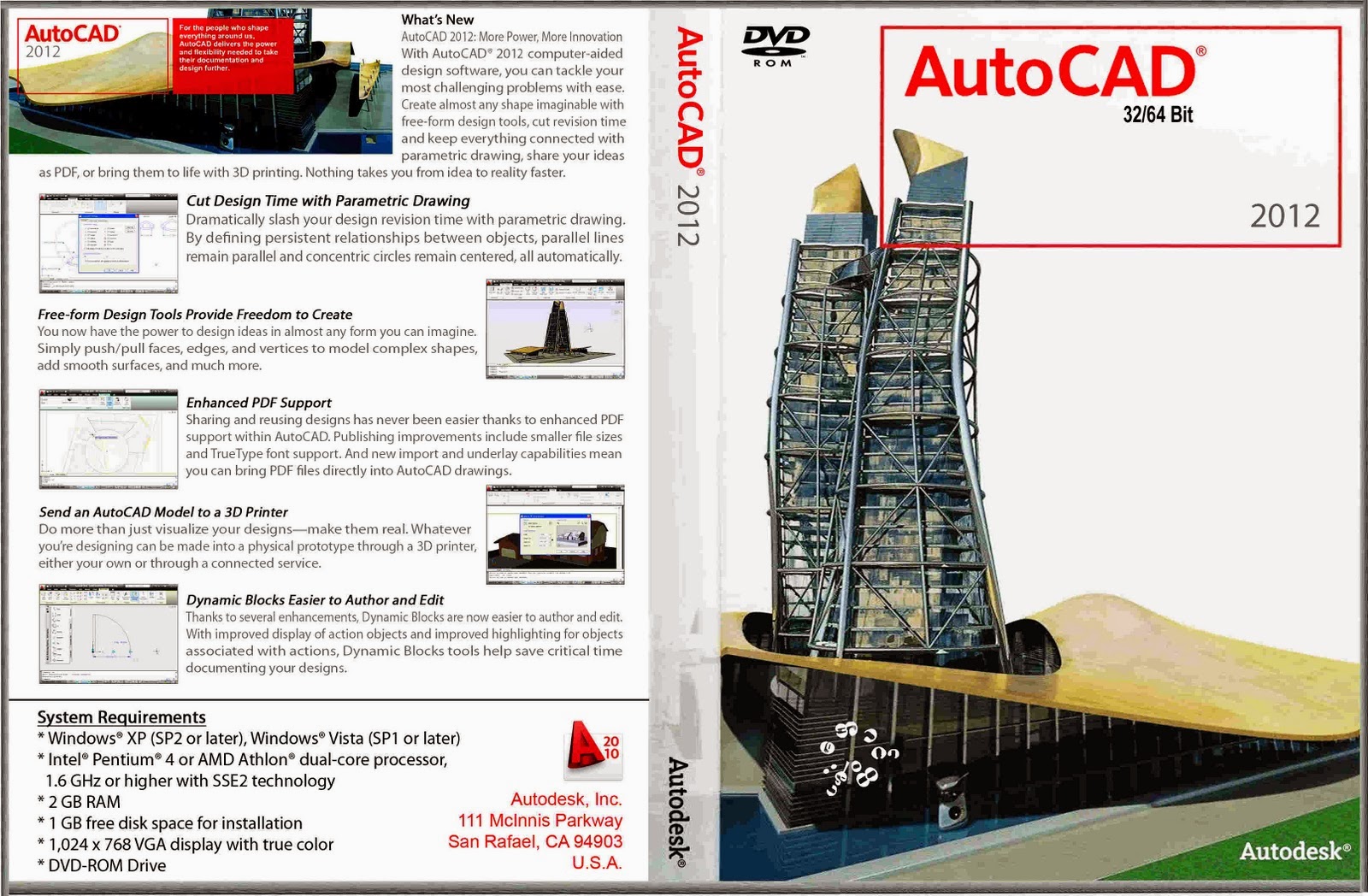

Historically, a simple capital L was used in newspapers, books and letters. A variation with a double cross-bar ( ₤) has been used intermittently with £ since the earliest banknotes of 1725 when both were used. The currency sign for the pound is £, which is usually written with a single cross-bar (as on modern banknotes exclusively since 1975). Įncyclopedia Britannica states the (pre-Norman) Anglo-Saxon kingdoms had silver coins called 'sterlings' and that the compound noun 'pound sterling' was derived from a pound (weight) of these sterlings. Because the League's money was not frequently debased like that of England, English traders stipulated to be paid in pounds of the "Easterlings", which was contracted to "'sterling". In 1260, Henry III granted them a charter of protection and land for their Kontor, the Steelyard of London, which by the 1340s was also called "Easterlings Hall", or Esterlingeshalle. Īnother argument that the Hanseatic League was the origin for both the origin of its definition and manufacture, and in its name is that the German name for the Baltic is "Ostsee", or "East Sea", and from this the Baltic merchants were called "Osterlings", or "Easterlings". The Oxford English Dictionary states that the "most plausible" etymology is derivation from the Old English steorra for "star" with the added diminutive suffix "-ling", to mean "little star" and to refer to a silver penny of the English Normans. There are various theories regarding the origin of the term "pound sterling". The term "British pound" is sometimes used in less formal contexts, but it is not an official name of the currency.įurther information: Sterling silver § Etymology The abbreviations "ster." and "stg." are sometimes used. The currency name is sometimes abbreviated to just sterling, particularly in the wholesale financial markets, but not when referring to specific amounts for example, "Payment is accepted in sterling" but never "These cost five sterling". Otherwise the term pound is normally used.
#1 gbp to cad 2012 full
The full official name pound sterling ( plural: pounds sterling), is used mainly in formal contexts and also when it is necessary to distinguish the United Kingdom currency from other currencies with the same name. 4.7 Following the European Currency Unit.3.13 Interwar period: gold standard reinstated.


The Bank of England is the central bank for the pound sterling, issuing its own banknotes, and regulating issuance of banknotes by private banks in Scotland and Northern Ireland. The pound sterling is also used in the British Overseas Territories: Gibraltar (alongside the Gibraltar pound), the Falkland Islands (alongside the Falkland Islands pound), and in Saint Helena, Ascension and Tristan da Cunha (alongside the Saint Helena pound), others having transitioned to dollar currencies, such as Bermuda in 1970. The British Crown dependencies of Guernsey, Jersey and the Isle of Man produce their own local issues of sterling (the Guernsey pound, the Jersey pound and the Manx pound) which are considered fully equivalent to UK sterling in their respective regions. As of mid-2021, sterling is also the fourth most-held reserve currency in global reserves. Together with those three currencies and the Chinese yuan, it forms the basket of currencies which calculate the value of IMF special drawing rights.

Sterling is the fourth most-traded currency in the foreign exchange market, after the United States dollar, the euro, and the Japanese yen. Some nations that do not use sterling also have currencies called the pound. The "pound sterling" is the oldest currency in continuous use. It is subdivided into 100 pence (singular: penny, abbreviated: p).
#1 gbp to cad 2012 iso
The pound sterling (symbol: £ ISO code: GBP), known in some contexts simply as the pound or sterling, is the official currency of the United Kingdom, Jersey, Guernsey, the Isle of Man, Gibraltar, South Georgia and the South Sandwich Islands, the British Antarctic Territory, and Tristan da Cunha.


 0 kommentar(er)
0 kommentar(er)
